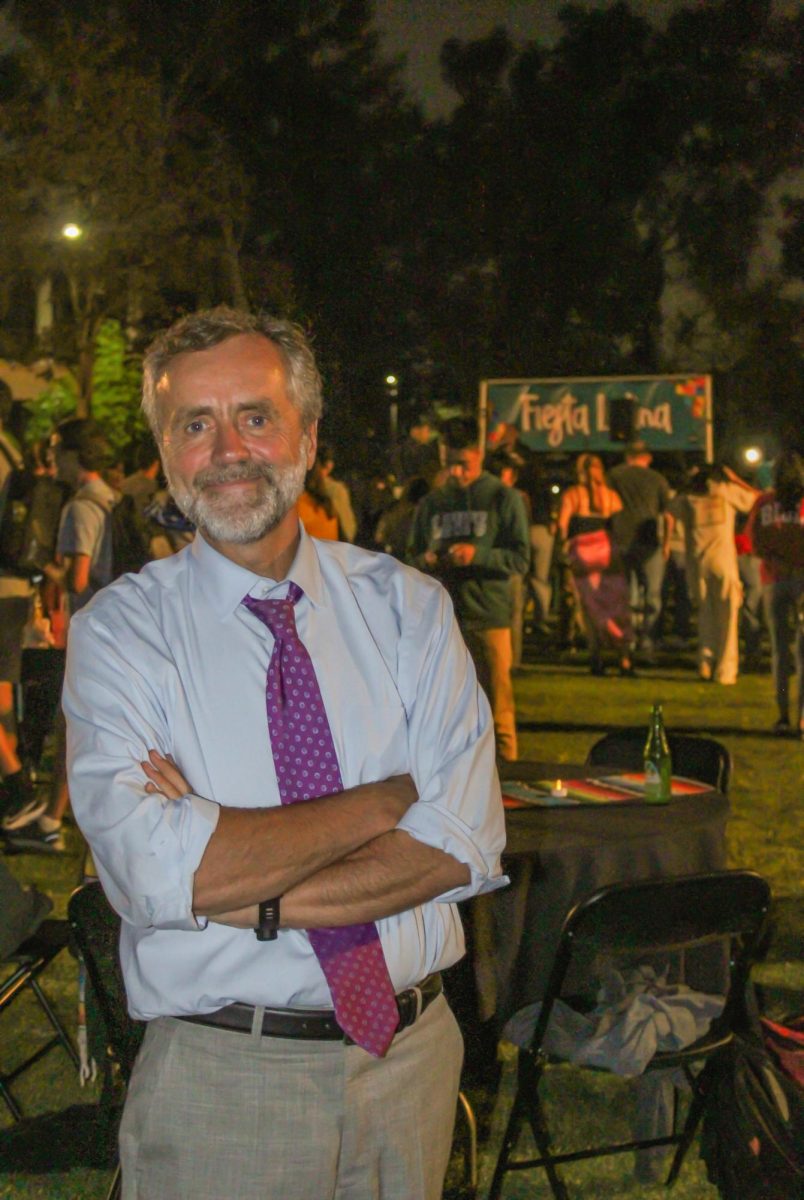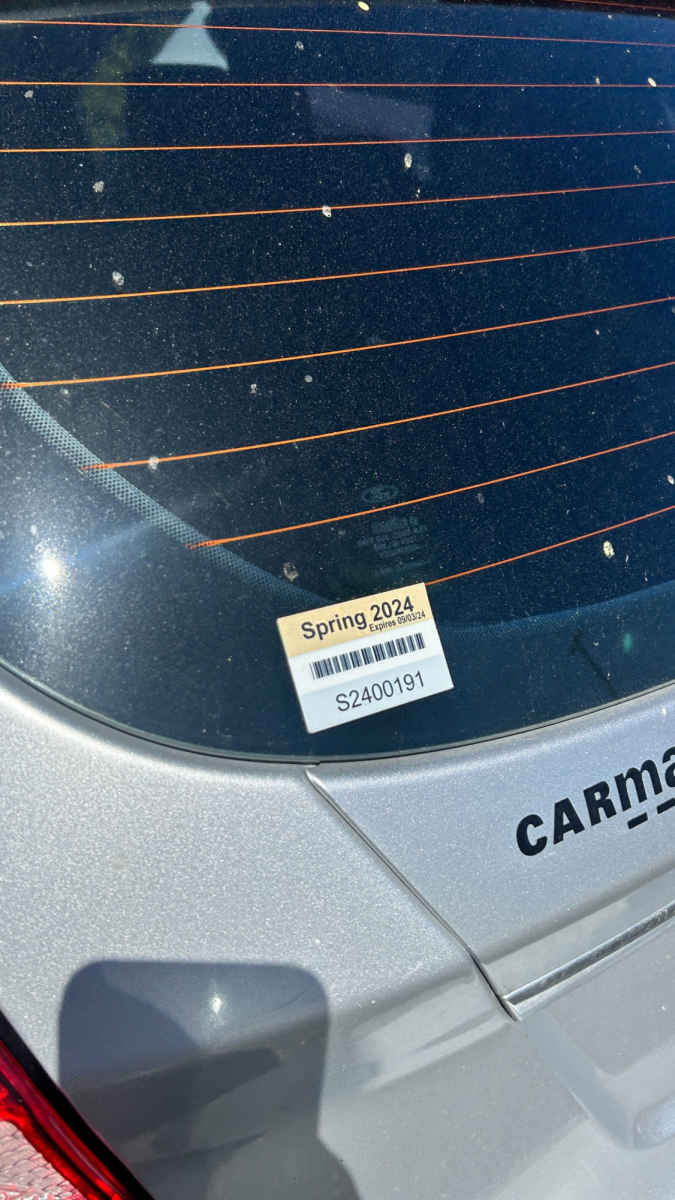The opinion piece, “Carving the proverbial turkey,” which claims the Pilgrim’s First Thanksgiving is “fake history” is rather an example of “fake news” making ideologically constructed claims without careful factual research and vetting of sources. The author states that “Americans should acknowledge Thanksgiving as a holiday founded upon genocide”—the 1637 massacre of the Pequot Tribe. Yes, plenty of polemical “historians” and activist ideologues can be found on the internet that peddle this canard. Prime examples include the the Huffington Post blog and a widely re-posted essay by Native American activist William Newell, cited in the editorial, whose facts and academic credentials were debunked decades ago. Allow me to respond with real historical facts.
Governor John Winthrop did offer a proclamation for a day of thanks following the end of the bloody two-year conflict with the Pequot tribe. Such proclamations for thanksgiving and prayer services were typically made by colonial governors following important battles and peace treaties. The fierce Pequot tribe, whose name means “the destroyers” in the Algonquin language, engaged in bloody ambushes of settlers and neighboring tribes. The massacre of the Pequot village on Mystic River, Conn. on May 26, 1637 was indeed a horrific event with as many as 400 warriors, women, children and elderly killed, but few historians conclude that it was genocide. Connecticut Valley militia under Capt. John Mason and their Narragansett and Mohegan allies were stiffly repulsed in their initial attack, and Mason then ordered the fortified Pequot village to be set fire. This atrocity, however, has nothing to do with Thanksgiving Day and the Pilgrims of Plymouth played no part in them.
The “First Thanksgiving” celebrated by Pilgrim settlers and Wampanoag Indians, who maintained friendly relations with the Plymouth colonists for 50 years, occurred in early October 1621. The event is well attested in a December 1621 letter of Plymouth elder Edward Winslow.
The majority of the Plymouth colonists had spent the previous decade in Leiden, Holland as refugees from religious persecution in England. There they experienced the Protestant Thanksgiving festival, which commemorated the Oct. 3, 1574 lifting of the Siege of Leiden by Spanish Catholic forces seeking to crush the Dutch Protestant succession from Spanish rule. Reformed Protestant communities continued to celebrate the festival in the American colonies throughout the 17th and 18th centuries. During the Revolutionary War years, the Continental Congress declared National Days of Thanksgiving in October on five occasions.
After the first U.S. Congress convened under the newly ratified Constitution, Congressman Elias Boudinot, whose great-grandson Boudinot Atterbury was a founding Trustee of Biola, introduced a resolution to observe a national day of Thanksgiving, which President Washington issued on Oct. 3, 1789. Following the Union victories at the battles of Gettysburg and Vicksburg in the summer of 1863, Abraham Lincoln issued a proclamation on Oct. 3, 1863 to observe the first “annual” National Day of Thanksgiving on the last Thursday in November.
Paul W. Rood has taught politics, economics and American history at Biola since 2005. His full response to the Chimes editorial can be read at https://paulrood.academia.edu/research.





